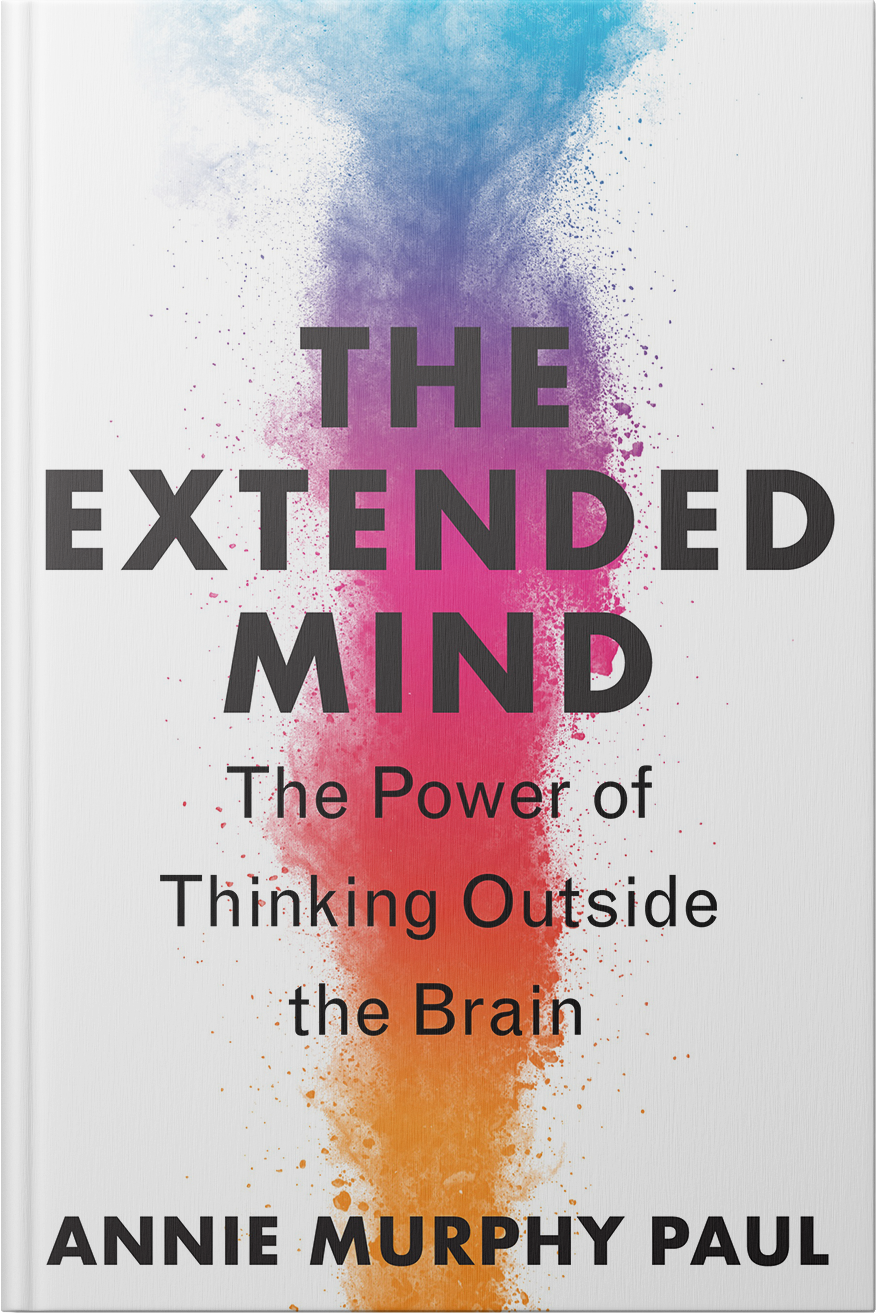Our bodies are repositories of knowledge that we can draw on to make better decisions—if only we can access that knowledge. In a recent column for the Wall Street Journal, financial writer Jason Zweig provides some fascinating insight into how we can do so.
What we call a “gut feeling” actually “encompasses a multitude of different signals, coming from all over the place within the body,” reports Zweig, quoting neuroscientist Sahib Khalsa of the Laureate Institute for Brain Research.
“The brain is constantly sampling and receiving all these signals, even if you’re not consciously aware of that,” Khalsa adds. People’s ability to “sense their internal milieu” is a capacity known as interoception.
A recent experiment in Khalsa’s lab found that interoceptive signals arriving in the body “activate regions of the brain that monitor arousal and motivate people to orient their attention,” Zweig observes.
The most interesting part of his article comes next:
“These intuitions are most reliable when they arise in stable environments where you get prompt, accurate and unambiguous feedback.” This, writes Zweig, is what is known as a “kind” learning environment.
A “wicked” learning environment, by contrast, is one in which feedback is delayed, inaccurate, or ambiguous. In these settings, it’s hard for interoception to act as a reliable guide.
Zweig’s column got me thinking:
How can we deliberately create “kind” (in this particular sense of the word) learning environments for ourselves, our students, and our employees? How can we enhance the usefulness of our gut feelings through prompt, accurate and unambiguous feedback?
Here’s Zweig’s article (paywall):
“Why Your Wild Training Ideas Feel So Right”
Jason Zweig, in The Wall Street Journal
https://www.wsj.com/articles/why-your-wild-trading-ideas-feel-so-right-11613751124
